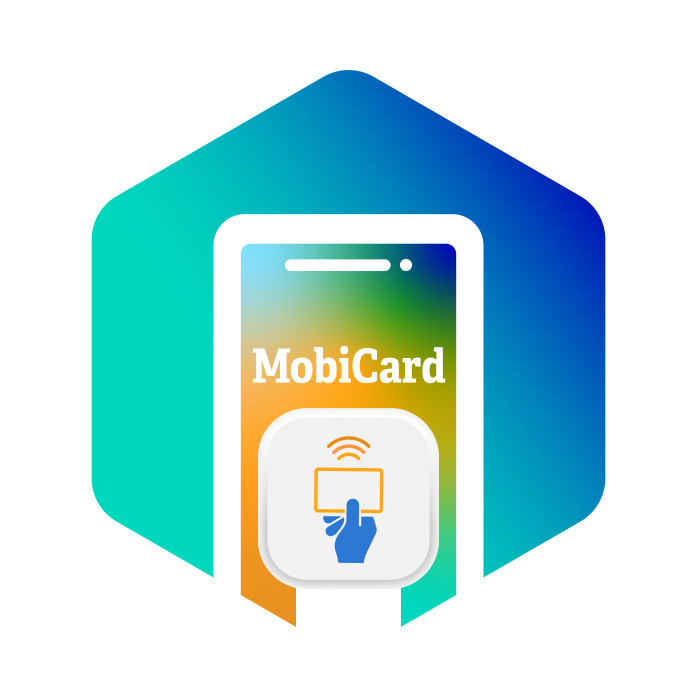
Real estate has long been regarded as one of the best assets for building long-term wealth. However, the high capital required to invest in physical properties puts this out of reach for many Americans. Fortunately, real estate crowdfunding now allows accredited and non-accredited investors to earn passive income from real estate with much lower investment minimums.
Explore More: Barbara Corcoran Says Now Is the ‘Best Time’ To Buy a House: Here’s Why
Find Out: 6 Genius Things All Wealthy People Do With Their Money
Keep reading to discover 11 top-rated platforms where you can invest in crowd-funded real estate.
Trending Now:
Founded in 2010, Fundrise has financed over $7 billion in commercial real estate assets and manages $2.87 billion in equity for 385,000 investors. Investors can start with just $10 and earn dividend income from Fundrise’s portfolio of apartments, hotels, and commercial buildings across the country. The platform projects long-term returns between 7-12%.
-
Who it’s for: Investors looking to invest small amounts of capital
-
Fees: 0.15% annual advisory fee; separate 0.85% asset manage fee for funds
-
Account minimum: $10
-
Pros:
-
Cons:
-
Promotions: None currently
With almost 300,000 members, RealtyMogul offers one of the most popular real estate crowdfunding platforms. Accredited investors can invest in individual deals. Non-accredited investors may choose from public, non-traded REITs and private real estate funds, with minimums starting at $5,000. RealtyMogul vets each deal thoroughly and has achieved realized annual returns averaging 4.5% to 6% for REITs and 18.7% for equity investments.
-
Who it’s for: Investors who a choice of REIT equity investments
-
Fees: No fee to use the platform, no direct fee to RealtyMogul to invest; investment fees vary by REIT and individual property deal
-
Account minimum: $5,000 for REITs; $25,000 for individual property investments
-
Pros:
-
Cons:
-
Promotions: None currently
Groundfloor offers investments in short-term real estate loans, providing regular monthly interest payments. Groundfloor finances fix-and-flip projects, new construction, and more across 43 states. Investors can start with minimum investments as low as $100. Groundfloor expects returns of 8% to 15% and has an average average return of 10%.
-
Who it’s for: Smaller investors who want to diversify their portfolios
-
Fees: No fees for investors
-
Account minimum: $100
-
Pros:
-
Low minimum investment
-
Unique opportunities, such as fractional real estate debt
-
Convenient auto investing
-
Shorter-term investment than many platforms offer
-
-
Cons:
-
Promotions: None currently
EquityMultiple focuses exclusively on commercial real estate equity deals available to accredited investors. It offers the vets institutional-quality office, retail, industrial, and multifamily properties in top U.S. markets. Minimum investments start at $5,000. EquityMultiple projects target returns for its offerings between 7% to -15% per year.
-
Who it’s for: Serious investors who want to maintain some liquidity
-
Fees: 0.50% to 1.50% for common equity; approximately 1% for debt and preferred equity; varied origination fees for funds; $30 to $70 administrative fee for all investors
-
Account minimum: $5,000
-
Pros:
-
Cons:
-
Promotions: None currently
DiversyFund makes owning commercial real estate easy through its Multifamily Fund targeting undervalued multifamily properties. With a target of 12 to 15 investments, the fund has a four- to six-year hold period and is available to accredited and non-accredited investors. Its portfolio includes multifamily, industrial and retail properties, with a minimum of $500 per month, or one-time payment of $25,000, to invest. As of Nov. 1, the platform also has two opportunities for accredited investors.
-
Who it’s for: Accredited investors and non-accredited investors who plan to invest at least $500 per month
-
Fees: Must be member to review
-
Account minimum: $500 for monthly payments
-
Pros:
-
$500 monthly minimum more affordable than $25,000 one-time minimum
-
Open to non-accredited investors
-
-
Cons:
-
Just one fund currently open to investors
-
No distributions until fund begins selling properties
-
No phone support; email support can take up to 72 hours for response
-
-
Promotions: None currently
AcreTrader brings farmland investing to accredited investors. Its farmland portfolio is diversified across crop types and geographic regions for reduced risk. Current offerings have $15,000 minimums. Previous AcreTrader projects have provided 13.7% to 23.3% realized returns with lower-than-projected hold periods.
Similarly, FarmTogether allows individuals to invest in sustainable farmland. Each deal is thoroughly vetted, aiming to provide annual returns to investors in the 6-11% range over five to 10-plus years. Offerings require accredited investor status with minimum investments between $15,000 (crowdfunded investments) and $20 million.
-
Who it’s for: Accredited investors interested in sustainable investments
-
Fees: Vary by opportunity
-
Account minimum: $15,000
-
Pros:
-
Cons:
-
Promotions: None currently
TrinityInvestors partners with developers in new construction and rehab projects. Assets run the gamut of commercial uses, from multifamily to office, retail, healthcare, hospitality, senior living and more. The average hold period for investments is 47 months, and the company’s historic aggregated realized returns are 19.4%. Investments on this crowdfunding real estate platform typically start at $75,000 and are only open to accredited investors.
-
Who it’s for: High-net-worth investors who can wait out longer hold periods in exchange for higher returns
-
Fees: 0.25% on up to $10 million in assets; may charge other fees
-
Account minimum: $75,000 to $100,000, depending on investment
-
Pros:
-
Large portfolio
-
Solid net returns
-
-
Cons:
-
Promotions: None currently
CrowdStreet is one of the largest real estate crowdfunding platforms, with over $4 billion invested in nearly 800 projects. Offerings include equity and debt investments in commercial properties and real estate companies, with minimums starting at $25,000. Historically, realized CrowdStreet deals have achieved 12.2% aggregate returns. Target hold periods are three to five years.
-
Who it’s for: Accredited investors with no need for liquidity
-
Fees: Usually no fee to CrowdStreet for using platform; sponsors may charge fees; varied advisory fees for funds
-
Account minimum: $25,000
-
Pros:
-
Cons:
-
Promotions: None currently
ArborCrowd is the first real estate investment crowdfunding platform from a real estate institution, and it focuses specifically on multifamily apartment investments located in many of the fastest-growing US housing markets. Their offerings require accredited investor status with minimums between $25,000 to $50,000. Projected net returns of 12% to 23%, with current hold periods of three to five years.
-
Who it’s for: Accredited investors interested strictly in multifamily properties
-
Fees: Vary by project; must register account to view fees
-
Account minimum: $25,000
-
Pros:
-
Cons:
-
Promotions: None currently
Streitwise allows non-accredited investors to invest in commercial real estate through public non-traded REITS. Offerings have a low minimum investment of $1,000. Streitwise vets each property purchase thoroughly and averages 8.3% dividends.
-
Who it’s for: Non-accredited investors looking for a low minimum investment
-
Fees: 2% fee, deducted from dividend payments
-
Account minimum: $1,000
-
Pros:
-
Cons:
-
Promotions: None currently
Real estate crowdfunding has allowed ordinary investors to earn passive income from an asset class previously only accessible to the ultra-wealthy. By pooling money with others to invest in vetted real estate projects, Americans can build significant wealth over time through cash flow and appreciation. Just be sure to avoid spending more on crowdfunded real estate investing than you can afford to lose.
More From GOBankingRates
This article originally appeared on GOBankingRates.com: 11 Best Real Estate Crowdfunding Platforms



